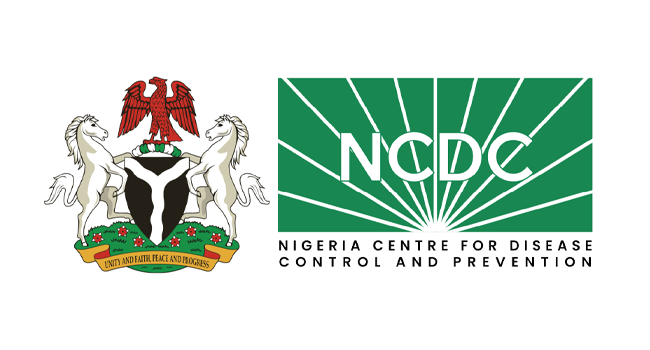The Nigeria Centre for Disease Control and Prevention (NCDC) has urged state governments to strengthen emergency preparedness and response capacities at the subnational level to enhance health security under the Nigeria Health Security Reform Implementation Initiative (NHSRII).
The NCDC made the call in Abuja during the unveiling of the NHSRII State Emergency Preparedness and Response Action Plan for states.
Public health emergencies and climate events are becoming increasingly complex and systemic in their impact on health systems and human development.
While such emergencies undermine progress toward the Sustainable Development Goals (SDGs), the capacity to prevent, detect, and respond effectively remains critical to mitigating their impact.
The overarching goal of the NHSRII plan is to build state-level capacity to prevent, detect, and respond to public health emergencies and climate-related events.
The State EPR Plan serves as a roadmap for strengthening epidemic preparedness, coordination, and health security across Nigeria’s 36 states and the Federal Capital Territory.
Supported by the World Bank, the initiative helps states adapt the framework to their local contexts and develop actionable plans aligned with national standards.
Speaking at the event, the NCDC Director-General, Dr. Jide Idris, noted that public health emergencies such as Ebola and COVID-19 often begin at the community level, where response mechanisms are weakest.
He said that while the NCDC provides national coordination, effective response must begin at the state and local government levels, stressing that many states still face infrastructure, financing, and implementation gaps.
Idris explained that the newly introduced Emergency Preparedness and Response (EPR) Framework under the NHSRII provides guidance for decision-making and coordinated action at the subnational level.
He added that the framework outlines specific expectations and procedures to strengthen public health security at the state level.
In his remarks, the Chairman of the Forum of Health Commissioners, Dr. Oyebanji Filani, commended the NCDC’s collaborative approach, describing the initiative as a step toward building state-level capacity and ensuring preparedness before outbreaks occur.
Filani emphasised that states remain committed to prioritising health investments and developing early warning systems to quickly detect and contain potential outbreaks.

